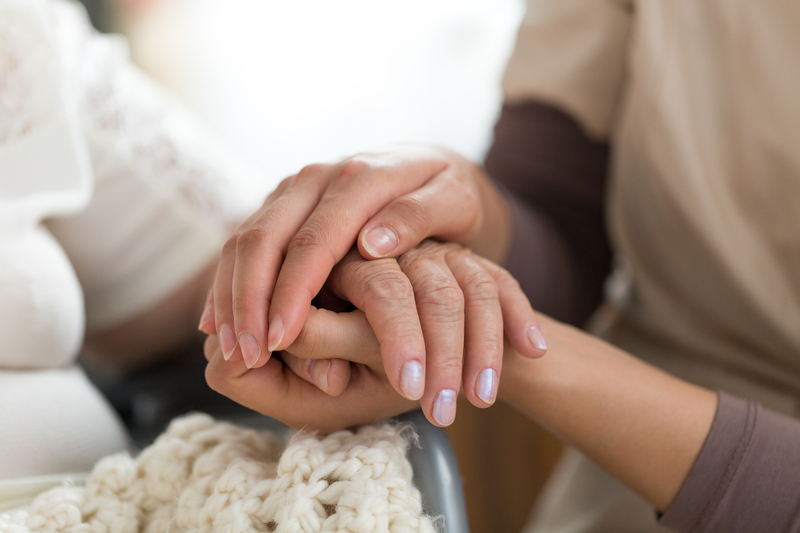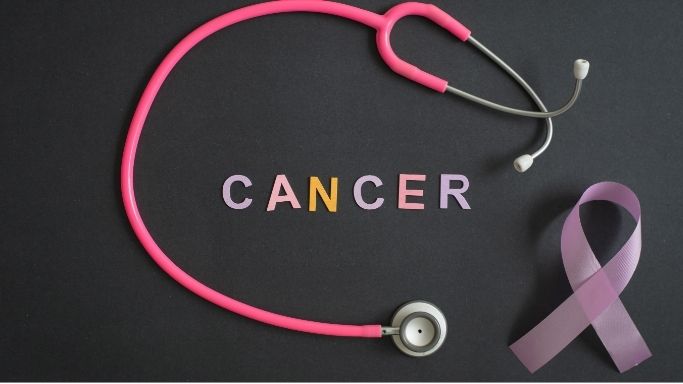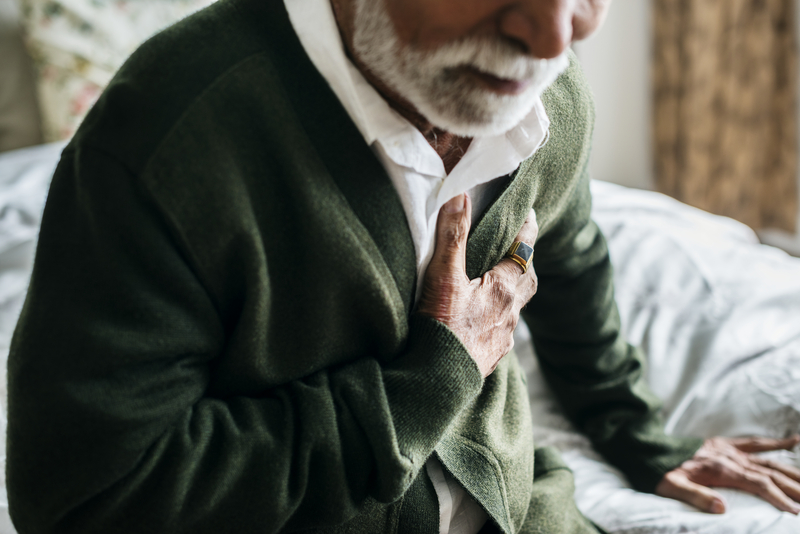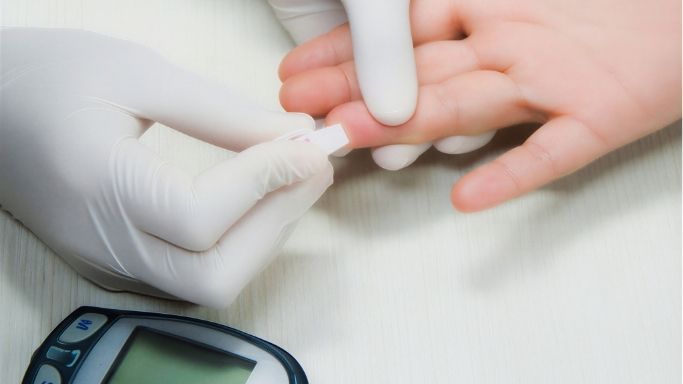- By Jessica Wilson

Introduction
When someone close to us lives with a chronic illness, it doesn’t just affect the person who is unwell — it ripples outward to touch the lives of caregivers in profound ways. Whether you’re caring for a spouse, parent, adult child, or friend, the role of caregiver can carry with it a heavy emotional, physical, and financial toll. In this article we’ll explore how chronic illness impacts caregivers, what the research tells us, and practical strategies to manage and mitigate the burden.
What we mean by chronic illness and caregiving
A chronic illness refers to a health condition that persists for long periods of time (often years or for life) and usually requires ongoing medical attention, lifestyle adjustments, or both. Examples include diabetes, heart disease, arthritis, chronic obstructive pulmonary disease (COPD), and neurodegenerative disorders.
A caregiver in this context is typically someone — often a family member or friend — who provides unpaid support or assistance to a person living with a chronic illness. This may include helping with daily tasks (bathing, dressing, feeding), medical care (administering medications, monitoring symptoms), emotional support, transportation, and coordinating with healthcare providers.
The impact on caregivers: what the research shows
1. Physical health burden
Research indicates that caregivers of people with chronic illnesses are at higher risk for a variety of physical health issues. For example, a recent study by the Centers for Disease Control and Prevention (CDC) found that among U.S. adults who identify as caregivers:
- Caregivers were more likely than non-caregivers to report obesity, current asthma, COPD, arthritis, and multiple chronic physical conditions. CDC
- Age-adjusted outcomes in 2021-22 were less favorable for caregivers for 13 of 19 health indicators compared to non-caregivers. CDC
2. Mental & emotional health burden
The emotional cost of caregiving is substantial. Looking at Areli’s (a mother and Alzheimer’s caregiver) TikTok, the audience can see the toll it takes on the daughter, Areli and her mother. Though a beautiful moment of love, the tears and stress radiate off of the video.
- The CDC study noted caregivers had higher prevalence of lifetime diagnosed depression and frequent mental distress compared to non-caregivers. CDC
- A global review found caregiving imposes “burden” (defined as the persistent difficulty from caring) which is strongly linked to negative outcomes for the caregiver’s psychological well-being and social life. PMC
3. Social & relational effects
Caregiving can alter relationships, identity and social life. The role change (for example, from spouse/partner to caregiver) can lead to emotional strain, loss of former roles, and grief for what’s changed. Caregivers often experience social isolation because their responsibilities reduce time and energy for friends, hobbies or leisure.
4. Economic / occupational impact
Caregivers may reduce work hours or leave employment entirely to meet caregiving demands, which affects income, retirement planning, and career trajectories. The physical and emotional stress of caregiving can translate into increased healthcare costs for the caregiver themselves.
What can caregivers do: practical strategies
A. Recognize the risk and prioritize self-care
- Accept that your role as caregiver is significant — and that you also are deserving of care.
- Regularly check in on your own health: physical (sleep, nutrition, exercise), mental (mood, anxiety), and preventative care.
- Use the idea of “you cannot pour from an empty cup”: your ability to care for the other person depends, in part, on you staying well.
B. Use supports and resources
- Reach out for respite care — temporary relief so you can rest or tend to your own life. Cleveland Clinic emphasizes this helps reduce burnout. Cleveland Clinic
- Seek out peer support groups or caregiver networks — connecting with others in similar situations can reduce feelings of isolation and provide practical tips.
- Utilize formal resources— for example, the Johns Hopkins Medicine has “Chronic Disease Caregiver Resources” aimed at helping caregivers themselves. Hopkins Medicine
- Learn about the chronic illness your loved one has — better understanding can reduce uncertainty, stress, and help you prepare.
C. Set boundaries, realistic expectations, and share the load
- Acknowledge you don’t have to do everything alone. Invite and accept help from family, friends, or paid services.
- Set realistic goals for what you can manage. Avoid perfectionism in caregiving.
- Recognize that it’s okay to feel frustrated, sad, or resentful sometimes — these are normal reactions to a hard role.
- Make time (even small) for activities that restore you: reading, walking, social time, a hobby.
D. Integrate caregiving into a sustainable routine
- Create a schedule or plan that includes your own health check-ups, breaks, and rest.
- Use tools and assistive technology if available (home modifications, adaptive devices, remote monitoring) to ease the burden.
- Communicate with the healthcare team of the person you’re caring for — ask for guidance on delegation, task support, or training when needed.
When to seek professional help
If you are experiencing persistent symptoms such as depression, anxiety, burnout, physical illness, or you find caregiving overwhelming, it may be time to reach out to a professional. The Cleveland Clinic notes untreated caregiver burnout can reduce quality of life for both the caregiver and the person being cared for. Cleveland Clinic
Conclusion
Caring for someone with a chronic illness is a noble, important, and often emotionally rewarding role. But it is also one that carries significant risks — to your own health, relationships, finances, and well-being. By understanding the impact of this role, recognizing the signs of strain or burnout, and actively using supports and self-care strategies, caregivers can better sustain themselves and the people they care for.
If you are a caregiver right now: know that you are not alone, and it is not selfish to care for yourself. The healthier you are, the more sustainable your caregiving role becomes.
Trending Topics
Features
- Drive Toolkit
Download and distribute powerful vaccination QI resources for your community.
- Health Champions
Sign up now to support health equity and sustainable health outcomes in your community.
- Cancer Early Detection
MCED tests use a simple blood draw to screen for many kinds of cancer at once.
- PR
FYHN is a bridge connecting health information providers to BIPOC communities in a trusted environment.
- Medicare
Discover an honest look at our Medicare system.
- Alliance for Representative Clinical Trials
ARC was launched to create a network of community clinicians to diversify and bring clinical trials to communities of color and other communities that have been underrepresented.
- Reducing Patient Risk
The single most important purpose of our healthcare system is to reduce patient risk for an acute event.
- Jessica Wilson
- Jessica Wilson
- Subash Kafle

















